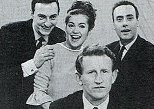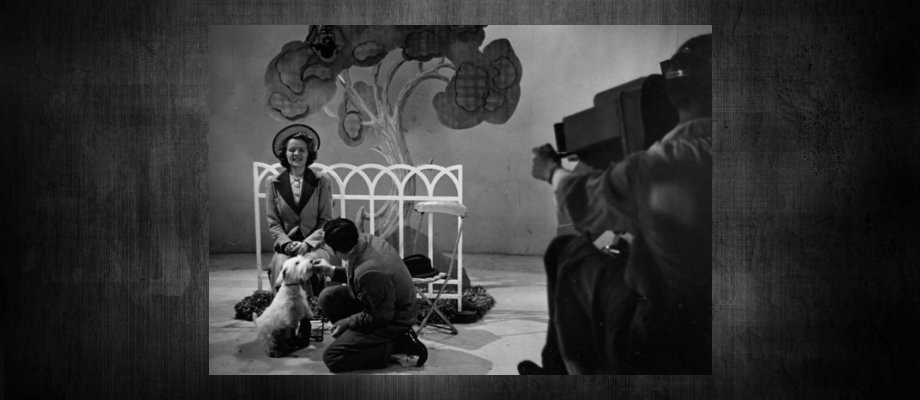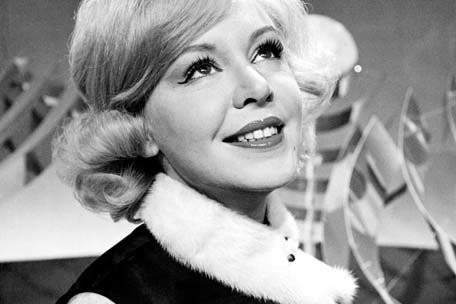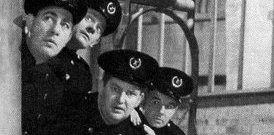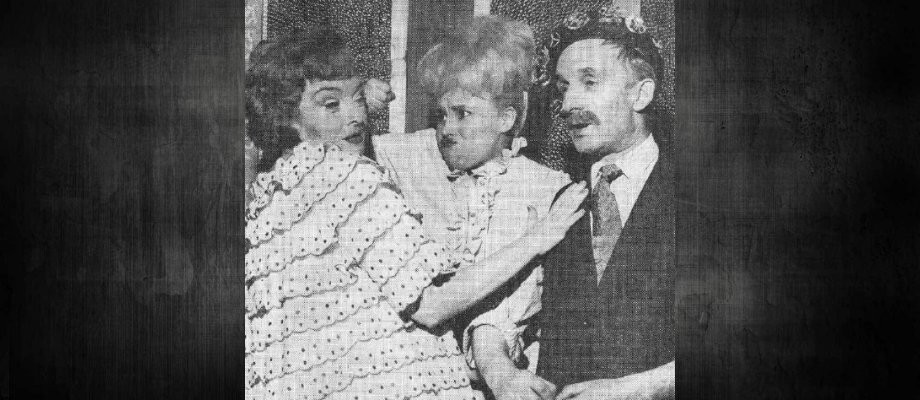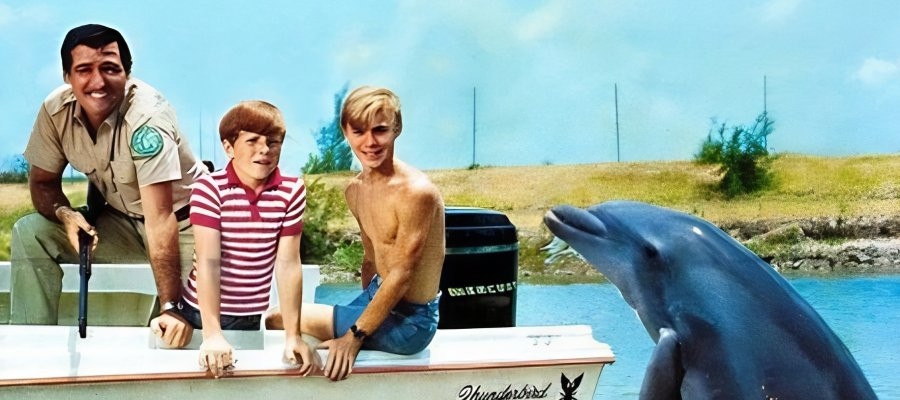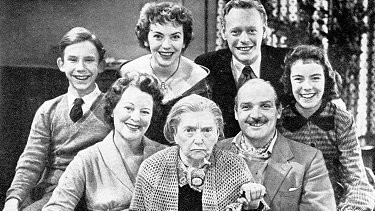
Crossroads
1964 - United KingdomThe soap that was the byword for every dropped line, every wobbly doorway, every mundane plot. For many years Crossroads rose above the slating it took from the critics and with ratings as high as 15 million viewers won fans from far and wide.
Even before it came to our screens Crossroads found itself the target of critics. Why did we need another soap opera on our screens? But ATV deputy chairman and managing director Sir Lew Grade stuck to his guns. Even having to override the objections of ATV's production chief, Bill Ward.
The series was an instant hit with viewers whilst the critics continually tore it to shreds. And although the critics were unable to influence the ever-expanding audience, Bill Ward was aware that they did have influence on the Independent Television Authority who demanded quality over ratings.
"After two years I succumbed to the continual barrage of critical attacks." He said later. "I wanted to take it off, but Lew wouldn't let me. Lew was right, of course."
Ward wanted Crossroads to have the same allocated time for rehearsals and the same size of budget afforded on ITV's hit medical series Emergency-Ward 10, but with four episodes a week to put out and relatively cheap production costs he was fighting a losing battle. And Grade had championed the series right from the start because he wanted ATV to have an identity in the Midlands much like Coronation Street did further up north.
"It began because we wanted to get the Midlander across to the Midlands and, if possible, the rest of the country." Said Bill ward. "We'd seen the success of Coronation Street for the North and Emergency-Ward 10 for the South, but no one catered for the Midlands in quite the same way."
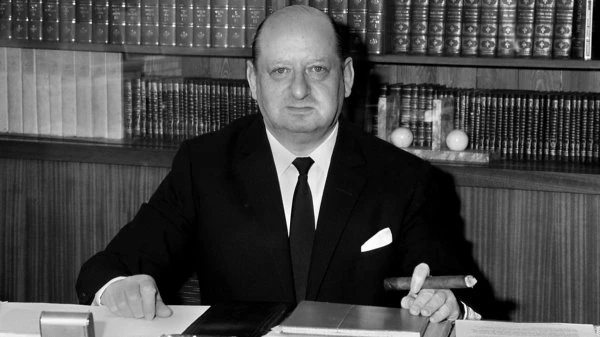
The idea for a daily serial had first been suggested to Sir (later Lord) Lew Grade in 1958. Reg Watson, a pioneering Australian television producer and screenwriter who had his first big hit in the UK with the live daily chat show, Lunchbox, had met Grade in Birmingham. Grade, always on the lookout for a new project asked Watson if he had any ideas for a daily serial. Watson said he had nothing but had been impressed by a serial he'd seen on US television. The serial went out live every day but on one occasion when an actor had forgotten his lines he'd excused himself by saying "There's someone at the door," before moving off screen to get a prompt. In order to cover for the error, the actress playing his wife picked up the phone and began a pretend conversation. This, said Watson, gave the writers ideas. Who phoned? Who was at the door? And they would develop new storylines over incidents like that. According to Reg Watson, Lew Grade said nothing about the idea. He said nothing for six years!
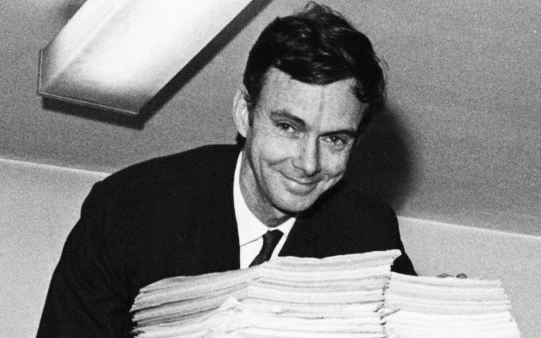
In 1964, Watson had a meeting with Lew Grade. Watson had heard mention that ATV were planning a daily soap but wanted to avoid it at all costs. "Sir Lew mentioned a daily serial (at the meeting) and I said I didn't know anything about daily serials. Then he said, 'What about the time you told me about the wife picking up the phone?' I was astonished (by Grade's memory of that brief conversation years earlier). And then - I was lumbered!"
Grade approached a number of writers to come up with an idea. Among them were Hazel Adair and Peter Ling who had briefed Grade with the outline of a series called 'The Midland Road', about a widow with two children who ran a motel. Her name was Meg Richardson. Unhappy with the title though, ATV ran a competition through a newspaper to find another one. None were deemed suitable until Watson came up with 'Crossroads.'
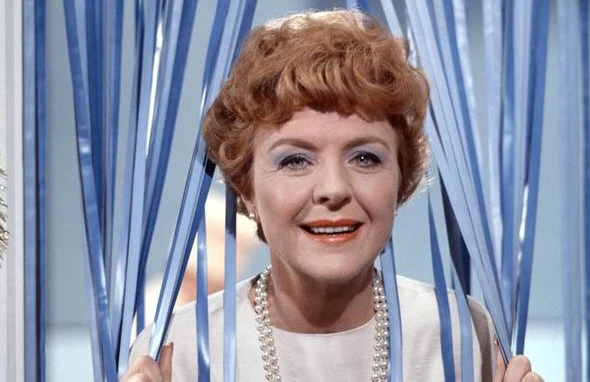
The part of Meg Richardson went to former Lunchbox presenter Noele Gordon. "It fit her like a glove" said Watson. "She was a personality and uncrowned queen of the Midlands and with a theatrical background, too."
The original premise was based around two feuding sisters - Meg Richardson and Kitty Jarvis. Following the death of her husband Meg had opened a motel on the outskirts of a small village called King's Oak, by using his insurance pay-out. And whilst Meg is wealthy and self-sufficient, Kitty is not - her husband is unemployed, and they struggle to make ends meet. However, this idea was soon dropped.

Meg had two children, a daughter called Jill and a son called Sandy. Her extended family were the motel staff, most of them from the local area - with the exception of Spanish chef Carlos. As in any busy motel people came and went but a number of staff stayed for many years. Diane Langton was one. She worked her way up the corporate ladder before there even was a corporate ladder. Gossipy cleaner Amy Turtle, spinster Doris Luke, haistylist Vera Downend and the lovable though dim-witted Benny Hawkins all became firm favourites with viewers.
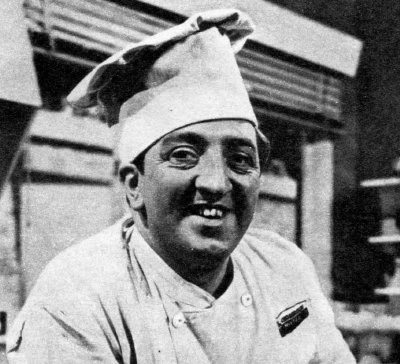
When staff left, they were naturally replaced. Carlos was replaced by the pompous Mr Lovejoy who was in turn replaced by Scots chef Shughie McFee. David Hunter (actor Ronald Allen who had tarred in Adair and Ling's other soap creation Compact) was brought in as a business partner, Malcolm Ryder married Meg - and then tried to kill her, and when she finally did find happiness with an old flame, Hugh Mortimer, he dies of a heart attack whilst being held hostage by terrorists!
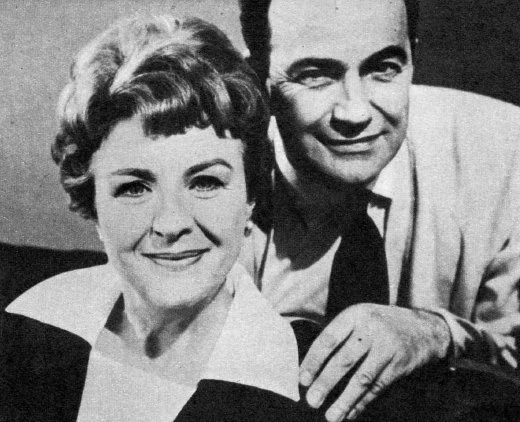
A number of young actors passed through the motel's front doors including Malcolm McDowell, Diane Keen, David Jason and Elaine Paige and some well-known faces booked into the motel for short stays. They included Ken Dodd, Bob Monkhouse and Larry Grayson. The series also had a number of celebrity fans, among them was Paul McCartney who did a reworking of the theme tune. But huge fan following or not, the critics eventually wore the ITA down and in 1967 they ordered Crossroads working week to be curtailed to 4 days a week in order to improve the quality of the storylines and acting. In their opinion this clearly didn't work because in 1980 they demanded a further cut to 3 days a week.
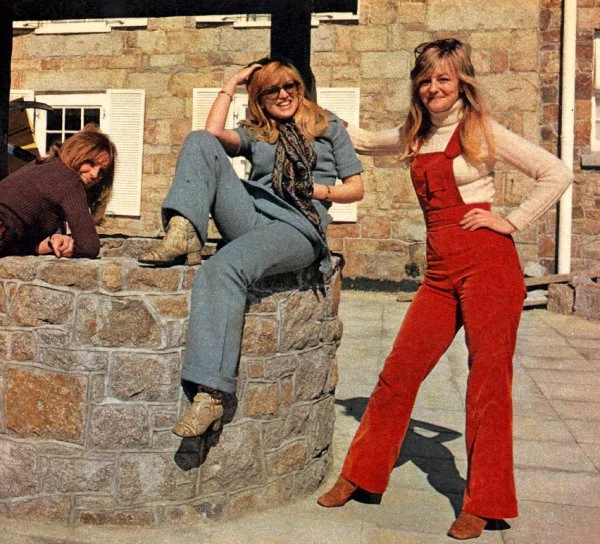
By that time it could be argued that the series' best days were behind it and when Central Television took over the franchise from ATV in 1981 they were keen to kill it off. Hoping to lose a great number of viewers and thereby have a valid excuse to take Crossroads off air, the first thing they did was axe Noele Gordon. But the series limped on. In 1985 a new producer planned to bring Gordon back. Scripts were written and filming was planned but unfortunastely before she went in front of the cameras Noele Gordon died after a long struggle with cancer. She was 65.
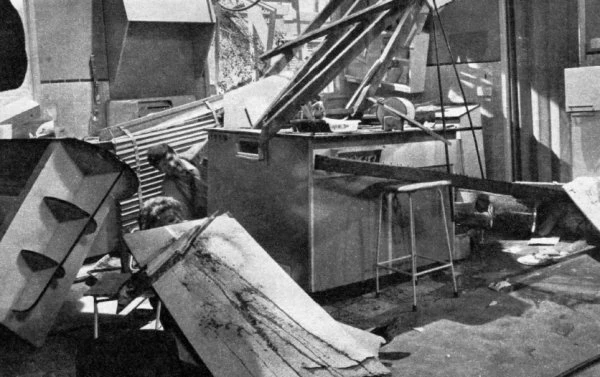
With dwindling viewers the series was finally axed in 1988. Well, not exactly finally. In 2001 it was revived by Carlton Television. Jill, Adam Chance, Doris Luke and a number of new characters were resident at the new plush looking 'King's Oak Country Hotel.' But not for long. In what was something of a failed experiment the series was wound up in 2002 only to be revived for a third time in 2003. This time Jane Asher was running the motel, but the likes of Lionel Blair, Les Dennis, Tim Brooke-Taylor and Kate O'Mara, as the series went all out to capture a gay audience, couldn't stop the doors from closing for one last time. In the very last episode the events of the final year were put down to the fantasy of a Crossroads fan called Angela who was day dreaming as she sat behind a till in a supermarket. But somewhere in the Midlands there may be a corporation with their eye on a property that once had visitors by the millions.
Seen this show? How do you rate it?
Seen this show? How do you rate it?
Published on April 1st, 2020. Written by Laurence Marcus for Television Heaven.


